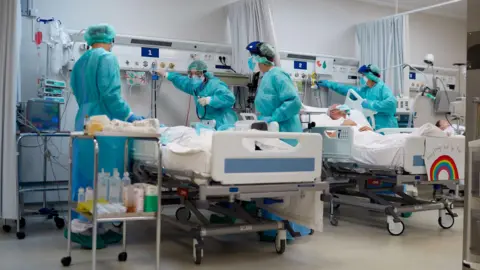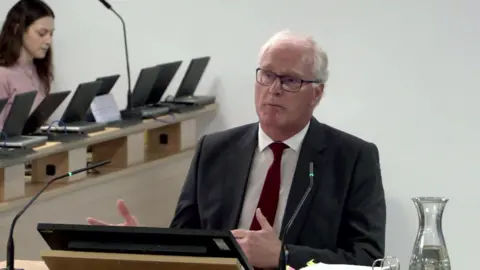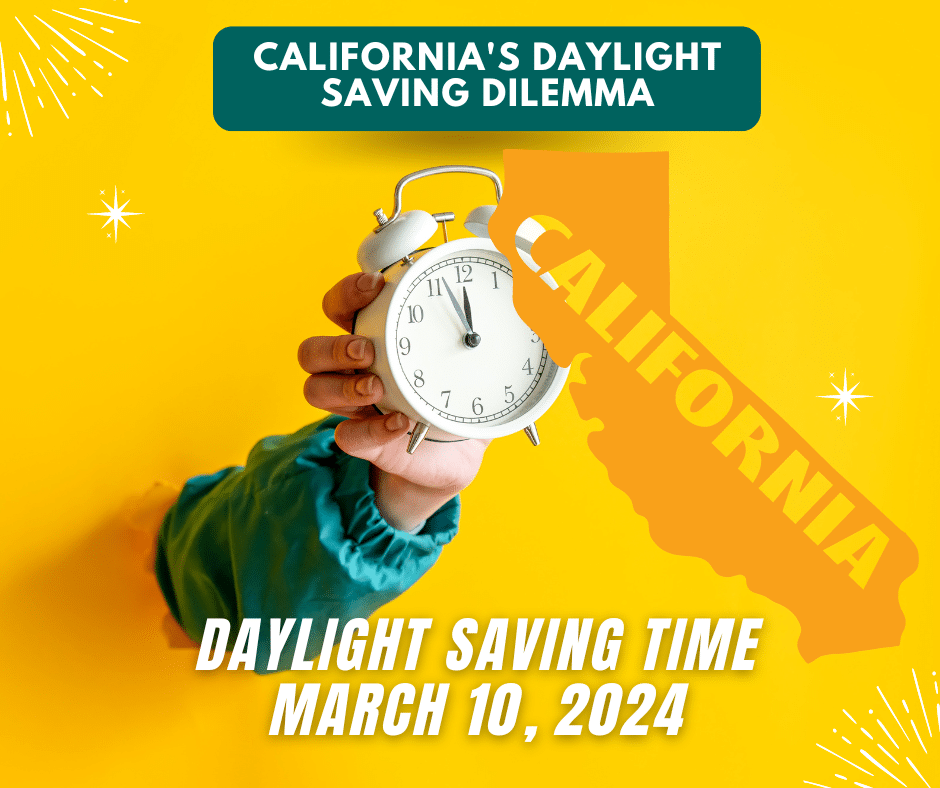 Getty Images
Getty ImagesAt least one NHS trust put in place a blanket “do-not-resuscitate” order for sick patients in the pandemic, the Covid inquiry has heard.
It would mean individuals had been considered ineligible for potentially lifesaving CPR, solely on the basis of age or disability, without being individually assessed.
Former Resuscitation Council UK president Prof Jonathan Wyllie said he knew of one trust implementing the policy, although he had not seen a document setting it out.
Groups representing the families of people who died from Covid said they were “horrified but not surprised”.
Under NHS guidance, a Do Not Attempt Cardiopulmonary Resuscitation (DNCPR) order can be added to someone’s medical notes after consultation with the patient or their family members.
It means medical staff will not attempt chest compressions or defibrillation, where an electric shock is applied to restore normal heart rhythm, if the patient’s heart or breathing stops.
Only 15-20% of those who have CPR in hospital survive, with success rates dropping to 5-10% outside of a hospital setting.
‘Learning disabilities’
Groups representing bereaved families believe some hospital departments became so overwhelmed in the pandemic that blanket DNACPR rules were applied, based solely on age, disability or medical condition.
At the time, the charity Mencap said some people with learning disabilities had reported being told they would not be resuscitated if taken ill with Covid.
NHS England says a blanket DNACPR rule for every person with a specific medical condition or over a certain age would be unlawful.
It wrote to NHS trusts a number of times during the pandemic, to remind clinicians the orders should only ever be applied with the “appropriate consent”.
 Covid Inquiry
Covid InquiryProf Wyllie told the inquiry he had not seen a document from the NHS trust concerned but had heard about the policy from a fellow member of the Resuscitation Council.
The charity, which develops guidelines and training for medical staff, had then released a “very clear” public statement that blanket DNACPR orders were “not an appropriate way forward and should not be implemented”.
“That was our stance and that has never changed,” Prof Wyllie added.
Covid-19 Bereaved Families for Justice UK said the use of blanket policies would be “irrefutable evidence” some NHS services had been overwhelmed in the pandemic.
“The inquiry has heard repeatedly from those at the top that blanket DNACPRs were not appropriate and that there was no directive in place,” the group’s solicitor Nicola Brook said.
“The bereaved families have known for a long time that the realities on the ground were very different.
“Their worst fears have now been confirmed but this brings with it more questions, ‘If it happened at this trust, did it happen at the trust where my loved one was?’”



